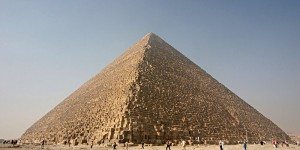This issue marks the beginning of a new era at The Post Hole. I’m very happy to announce the launch of our new, re-branded website, which provides a more accessible and engaging platform for the journal. As part of the new site, I’m also proud to present our new blog, which showcases research and personal experiences in archaeology in a slightly less formal setting. Information on how to submit to the blog is available at the end of this editorial, and online: we aim to publish a post per month between issues, and always welcome submissions. I am indebted to Patrick Gibbs for designing and maintaining the site, and Irmine Roshem for providing the new logo and title branding.
Sadly, I have now reached the end of my time as Editor-in-Chief, and this will be my final issue prior to the handover to our new Editor Freya Bates. I am very proud of the development of the journal and the website during my tenure and am grateful to the fantastic editors with whom I’ve worked over the past year, many of whom will also be moving on to new pastures. I am excited to see the future of the journal under Freya and her new team and wish them the best of luck.
This issue spans a wide range of topics and contributors from universities across the country. Alexander Howson surveys changes in the rural settlement landscape of Italy between 300-800 CE; Olivia Little examines methods of memorialisation and their social purpose, using case studies from medieval Africa and Europe; Alison Owen assesses the climatic and cultural factors affecting the environmental history of medieval Europe; and Claudio Eco investigates the relationship between gods and kingship in 18th dynasty Egypt as indicated through art and monumental architecture. The Editor’s Choice for this issue is Danielle Silverman’s overview of the history of excavations at the site of Polonnaruva, a fascinating study of the impact of socio-political agendas on archaeological research in Sri Lanka. This interrogation of the role of nationalism in interpretation and use of heritage is a vital part of contemporary archaeology, especially in the current polarised political climate. It is to be hoped that re-examination of studies that take into account the socio-political paradigms under which they were conducted can offer valuable information on ensuring more neutral and holistic research in the future.
In more student archaeology news, our colleagues at Glasgow University Archaeology Society have published their third issue of the Barrow Magazine, available at: https://barrowmagazine.wordpress.com. This includes some fascinating articles on the use of video games in heritage outreach, the role of archaeologists as storytellers, and many more.
We are currently accepting submissions for our next issue! If you would like to share your thoughts, research or experience on a wide range of archaeological topics, please submit your work to submissions@theposthole.org. Blog posts should also be submitted in this way and should be no longer than 1000 words of original unpublished material, using the same system of Harvard referencing as journal articles. For guidance on submission, please visit our author advice page at www.theposthole.org/authors.
Finally, don’t forget to follow us on social media – @ThePostHole on Twitter, The Post Hole on Facebook, and theposthole on Instagram – for updates on the journal, notifications for new blog posts, and our YouTuber of the Month.


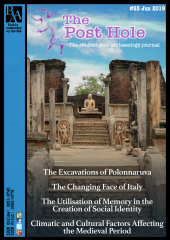
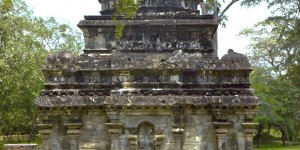
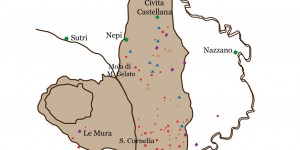
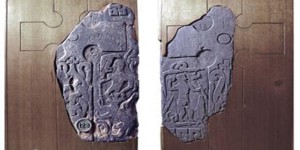
![A carved reindeer bone from a midden at Sumtangen (author’s own illustration). The runic inscription reads ‘ottar a’ (Óttár owns [this]). These name tags with a personal name and the verb ‘a’ are commonly found in middens in Norwegian towns (Indrelid and Hufthammer 2011, 45).](https://theposthole.org/sites/theposthole.org/files/styles/article_thumb/public/articles/_temp_thumbs/Owen%20Image%201.png?itok=sFxpxvar)
